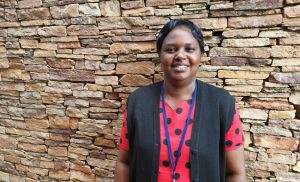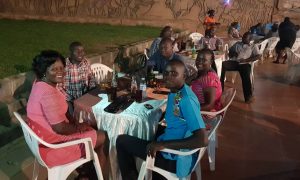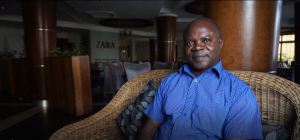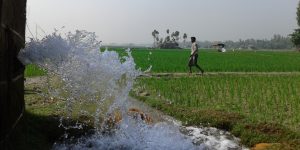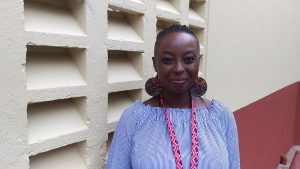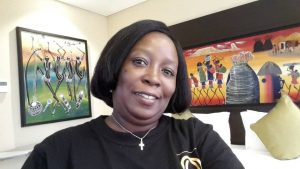Experience of implementing course redesign to help students gain critical thinking skills
Veronica Munuve is a lecturer in the Faculty of Education at Uganda Martyrs University (UMU) and the university’s course redesign coordinator for the Transforming Education for Social Change in East Africa (TESCEA) partnership. She spoke to Tabitha Buchner about how curriculum redesign can help ensure that university students gain critical thinking skills through their studies.

